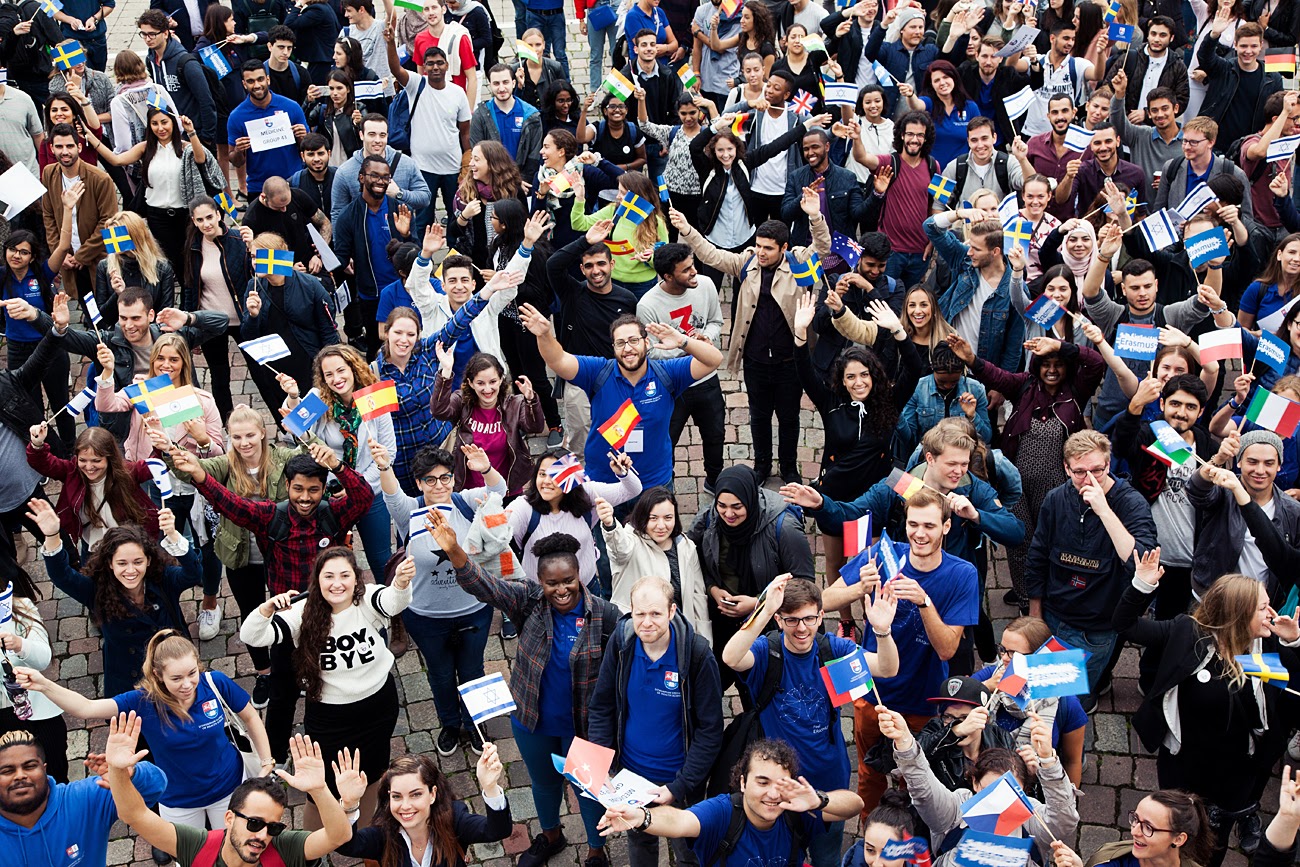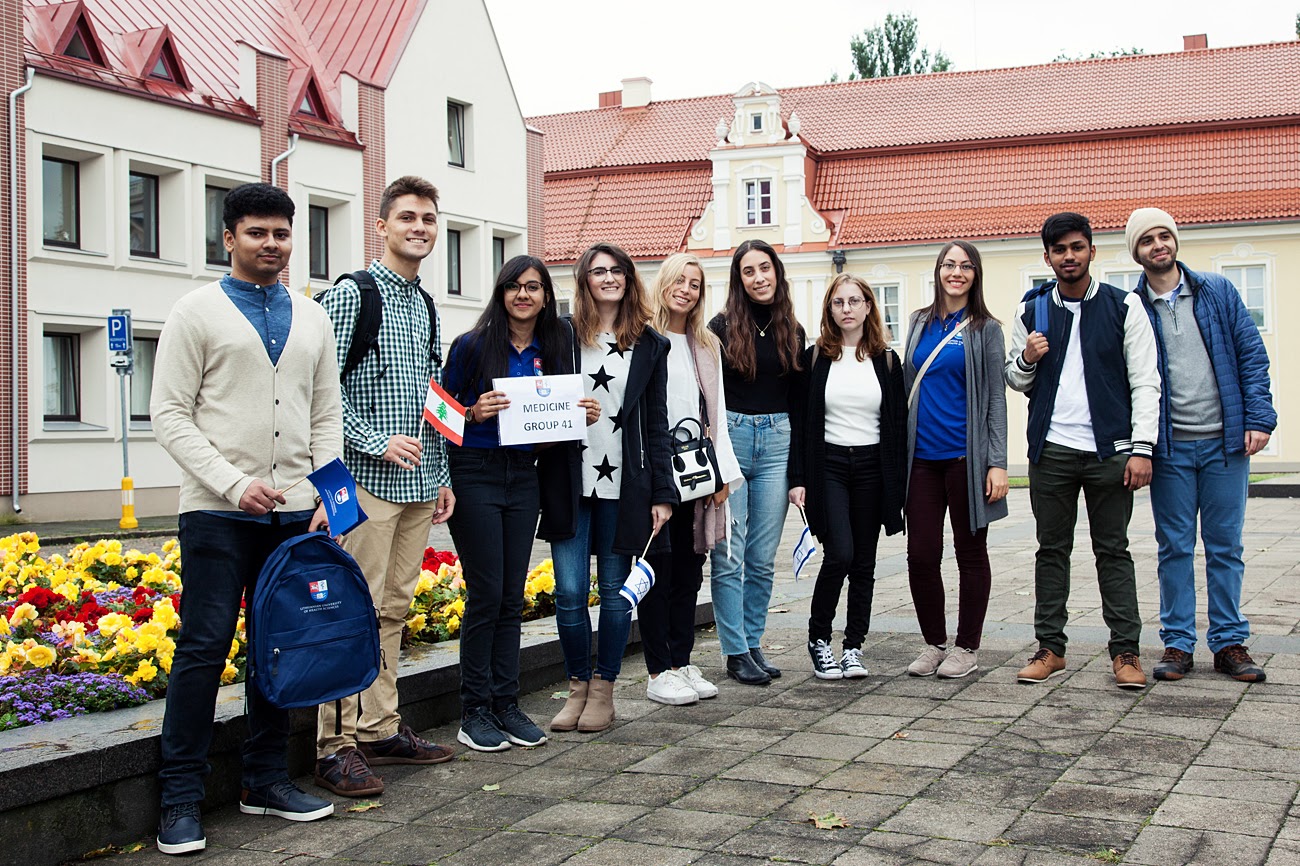Preliminary stage: This phase includes awareness of the host culture, preparation for the journey, farewell activities.
Initial euphoria: The initial euphoria phase begins with the arrival in the new country and ends when this excitement wears off.
Irritability: During the irritability phase you will be acclimating to your setting. This can produce frustration because of the difficulties in coping with the elementary aspects of everyday life when things still appear so foreign to you. Your focus will likely turn to the differences between Lithuanian culture and your home, and these differences can be troubling. Sometimes insignificant difficulties can seem like major problems, but remember, you are going abroad to get to know the host country, its people, culture, and language.
Gradual adjustment: When you become more used to the new culture, you will slip into the gradual adjustment stage. You will begin to orient yourself. The culture will become familiar to you.
Adaptation: Eventually you will develop the ability to function in the new culture. Your sense of “foreignness” diminishes significantly. You will be more comfortable with Lithuanian culture.
Re-entry phase: The re-entry phase occurs when you return to your homeland. You will be excited about sharing your experiences, and you will realize that you have changed.
- Do not expect to find things as you have them at home . . . for you have left your home to find things different.
- Read as much as you can about the culture, history, social customs, religions before your departure.
- Talk to other students who have gone to Lithuania to learn what problems you may encounter.
- Do not take anything too seriously . . . for an open mind is the beginning of a fine international experience.
- Ask for help when you need it . . . those who have gone before you have good advice to share.
- Adjusting to a new culture does not mean that you have to change your own values, but it is important to respect those of other people.
- When you find yourself in an unfamiliar situation, allow yourself to be curious about the way things are perceived and done in this new environment.
- A Lithuanian friend (or another international student who has been in Lithuania for several years) can be a great consultant on cultural expectations.
- Try to find an activity that you enjoy and make it part of your routine. Being physically active can help reduce your stress level.
- It is natural to feel anxious or frustrated sometimes. The key is to remind yourself that these feelings are normal and are likely to be situational and temporary.
- Remember: when life at the university gets tough, you don’t have to be alone. Don’t hesitate to contact your mentor, your study coordinator or the psychologist for international students by email asta.raupelyte@lsmu.lt



